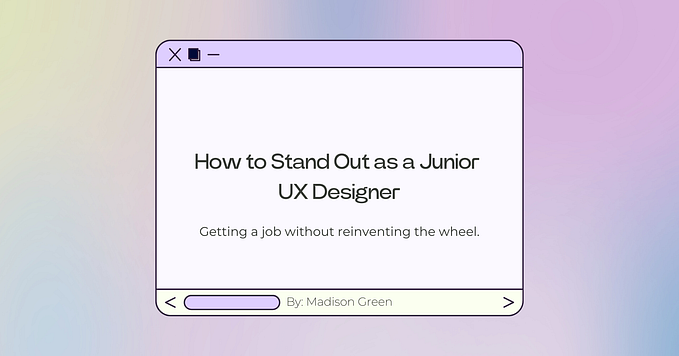Member-only story
Part 2
UX research interviews: what to expect
Yesterday I explained how the entire UXR interview process works and what to expect. In today’s post, I’ll share how to prepare for the most critical part of the whole process: the on-site interview.

Preparing for the on-site interview
If you’ve made it this far in the interview process, congratulations! At many large tech companies, making it to this round of interviews is a huge accomplishment. And your performance during this stage in the process is critical to whether you get an offer.
Given the current situation with Covid-19, no one in tech is inviting candidates on campus for on-site interviews. But this stage of the process is still occurring remotely over video chat. For future-proofing of this post, I’m going to include tips and guidance for interviewing on-site, along with a few tips for interviewing remotely.
What to expect during on-sites
Most UXRs will go through a full day of interviews at the company’s campus. You’ll usually start with a presentation (about an hour long) and then you’ll have 4–6 1:1 interviews with employees in the company (each interview is about an hour). At some companies, your interviewers will all be researchers or a combination of UXers from different disciplines (research, design, UX engineering, motion, writing). At other companies, your panel will be made up of a mix of UXers with 1 or 2 PMs or engineers. At some companies, you’ll only interview with employees with whom you’ll directly work. At other companies, your panel may be made up of people from all across the company. You’ll also have time for lunch … which may or may not be an interview.
If you’re interviewing remotely during Covid-19, a lot of the above still remains the same. Some companies will still try to schedule all your remote interviews in one day. But sometimes they’ll break them up over several days to accommodate for time zones and interviewer availability.
Questions to ask your recruiter
There was a lot of uncertainty in the last section, which is why you should do your homework. You should try to go into this stage of the interview process with as much information as…





